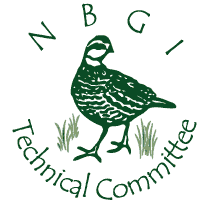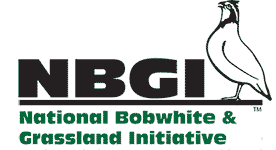SOMERSET, NJ, March 21, 2017 – USDA’s Natural Resources Conservation Service (NRCS) is now accepting applications from farmers and landowners in seven New Jersey counties who are interested in installing conservation practices to help restore pine savanna, a critical wildlife habitat of the Northern Bobwhite. With a decline of suitable habitat, the bobwhite quail population in eastern North America has declined by more than 85% since the 1960s.
Northern Bobwhite, commonly referred to as bobwhite quail, is a state-identified target species of the Working Lands for Wildlife (WLFW) partnership, an NRCS initiative that brings partner groups together to develop a collaborative approach to conserve habitat on working lands.
Through this WLFW effort, NRCS can provide technical and financial assistance to eligible landowners to implement a variety of conservation practices to restore northern bobwhite quail habitat. Restoration projects will include developing and implementing forestry plans that include activities such as tree thinning and prescribed burning to improve forest health.
Landowners in Ocean, Burlington, Camden, Gloucester, Salem, Cumberland and Atlantic Counties are eligible to apply. Eligibility requirements for NRCS programs set forth in the 2014 Farm Bill will apply.
NRCS accepts applications on a continuous basis but makes funding selections at specific times. For funding consideration in 2017, please submit an application before April 21, 2017. To apply or learn more, please contact your local USDA service center. In Ocean County, Burlington County, and Camden County, call NRCS at the Columbus Service Center 609-267-1639, ext. 3; in Salem County and Gloucester County, call NRCS at the Woodstown Service Center 856-769-1126; and in Atlantic and Cumberland Counties, call NRCS at the Vineland Service Center 856-205-1225, ext. 3.
NRCS provides financial and technical assistance to help agricultural producers with erosion control, water management, water quality, and other resource concerns through conservation programs authorized by the Farm Bill. USDA is an equal opportunity provider, employer and lender. To file a complaint of discrimination, write: USDA, Office of the Assistant Secretary for Civil Rights, Office of Adjudication, 1400 Independence Ave., SW, Washington, DC 20250-9410 or call (866) 632-9992 (Toll-free Customer Service), 800-877-8339 (Local or Federal relay), (866-367-8642 (Relay voice users).
###


